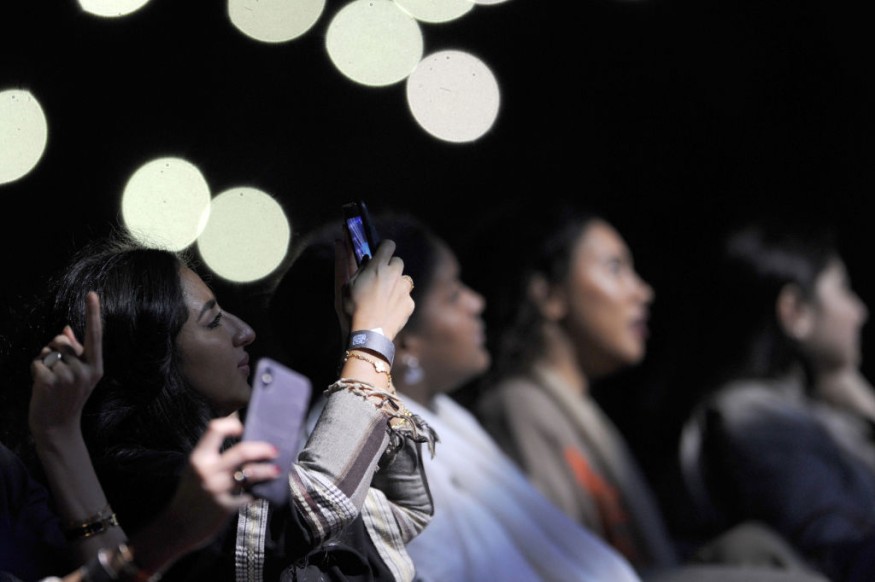People in today's generation are living in a culture substantially defined and shaped by the cellphone camera. In fact, a major geopolitical conflict in Ukraine is being documented by cellular phones.
A Forbes report specified that people record and stream their favorite band or singer in a concert. As soon as people hit the beach, they automatically take selfies or take a picture of their toes while sitting on the lounge chair.
According to Marshall Shepherd, a senior contributor of the said media outlet, he is guilty of some of those mentioned above, "but I promise to do better."
Inspired by @jnelsonWJCL sharing of video of tornado in Georgia. My latest @ForbesScience on cellphone camera culture. Why do people video the concert instead of just watching. Why is the immediate beach selfie a must. Interested in your thoughts too: https://t.co/JFvnw3DQI3
— Dr. Marshall Shepherd (@DrShepherd2013) April 6, 2022
Amy Graff wrote in an SFGate.com report she thought Adele nailed it that "when you take a video of something," one doesn't enjoy that particular moment in the same way he does without his device.

'Cellphilm'
Shepherd said as a scientist; he decided to begin with peer-reviewed literature. Incidentally, he said he discovered the term "cellphilm," a term comprising the words cellphone film coined by scholars in 2009 to describe communication through filming on cellphones.
2017 research published in the Journal of Consumer Research showed that taking pictures with the interest of sharing lessens enjoyment. This is because, if the intent is merely to share, the researchers of the study discovered that self-presentational concern is augmented, which impacts the level of enjoyment and engagement.
A scholarly study suggests that "taking videos or selfies for personal use" or archiving of experience is linked to more positive involvement.
As for selfies, a 2020 Psychology Today report specified that there is some literature about selfies. Some studies have associated it with narcissism, while others are less conclusive.
From Shepherd's cursory literature review of cellphilm, intent to share appears to be associated with angst, disruption of direct experience, worries about framing, lighting, how the subjects look, and enjoyment level.
Influence of Social Media
Social media is another obvious driver. The scientist and Forbes senior contributor shared that about 40 years ago, his parents were not sending friends via mail, copies of their Polaroid pictures, saying they did not send out such pictures as they were concerned about how they looked in the photos.
In a 2020 study, it was specified that gaining fewer "likes" on social media compared to others can lead to emotional distress among some adolescents. Another research showed that people care more about who reacts favorably to their posts than the number of reactions they receive.
The same research found that people with low-esteem and higher self-monitoring levels value "like" reactions more than others. Shepherd explained that people are posting or streaming videos or photos on social media is complicated. He added that archival, narcissism, digital memories, "look at me" ism, social media "peacock-ism," and acceptance appear to be in the mix.
In general, he said he likes to see the involvement on social media, for the most part. He did not mention how such a trend has shaped the civil rights landscape, referring to George Floyd and Ahmaud Arbery.
A video of a tornado caught on camera is shown on 41 Action News's YouTube video below:
RELATED ARTICLE : Social Media Use Linked to Depression in Middle-Aged Adults as It Makes Them Feel Older, Harvard Study Claims
Check out more news and information on Technology and Psychology in Science Times.
© 2026 ScienceTimes.com All rights reserved. Do not reproduce without permission. The window to the world of Science Times.











